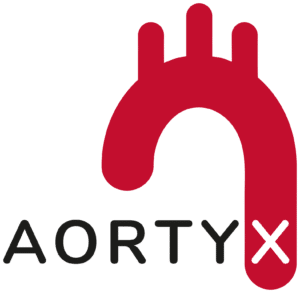Despite the coronavirus crisis, March has been a good month for investments in Spanish Start-ups, as the month closed with a total amount invested in Start-ups, similar to that of March last year (11.7 million euros in March 2020 compared to 11.3 million in March 2019).
A total of 19 public operations have taken place, all of them in the early stages and under €1.5 million per transaction. In addition, seven of them have taken place through the main equity crowdfunding platforms in Spain.
However, in this post we are going to analyse two of the start-ups that have raised funds this March, both of which are dedicated to the development of medical technologies. These two companies are Aortyx and Qrem.
Start-ups: AORTYX
Aortyx is an IQS spin-off company that develops an endov The company has launched a new minimally invasive aortic dissection device to reduce the mortality rate in aortic dissections. The company has kicked off 2020 with the closing of an investment round. seed amounting to 650,000 euros. The transaction has been led by Genesis Ventures, which has invested along with the other 71 investors that Aortyx currently has.
The company has launched a new minimally invasive aortic dissection device to reduce the mortality rate in aortic dissections. The company has kicked off 2020 with the closing of an investment round. seed amounting to 650,000 euros. The transaction has been led by Genesis Ventures, which has invested along with the other 71 investors that Aortyx currently has.
With the funding raised, the company has already started animal testing and will begin industrialisation of its product with the aim of commercialisation in 2024. Dr Jordi Martorell, CEO and co-founder of Aortyx, said: "This investment will allow us to continue to meet our timeline and maintain our goal of bringing the best possible product to market.
Start-ups: QREM
Qrembased in Barcelona, specialises in the development and commercialisation of Lab-in-a-Box medical technologies to carry out autologous regenerative medicine treatments with the patient in the doctor's office, making it possible to offer these therapies to as many people as possible in an effective, simple and economical way.
The start-up has committed a €1 million capital increase led by Inveready and shared with several business angels. Qrem launched its first product, Q-Cytokine, in 2019 and the funding received will allow it to strengthen the clinical validation of the therapy, as well as increase the commercial team to scale sales. As indicated by Josep M. Escuer, CEO of Qrem, "the investment allows us to close a startup stage to start a completely new commercial company that aims to reach its break-even point in the shortest possible time".
▶You may be interested in: The 10 Mobility Startups to watch.
